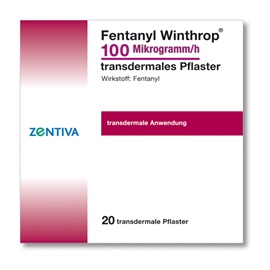
Introduction to Alcoholics Anonymous
Alcoholics Anonymous (AA) is a well-established international fellowship that aims to help individuals struggling with alcohol dependency achieve sobriety. Founded in 1935, AA has been a cornerstone for many seeking recovery, offering support through shared experiences and a twelve-step program that encourages personal reflection and responsibility. With millions of members worldwide, the importance of AA cannot be overstated, particularly in the context of rising alcoholism rates and the need for accessible support systems.
Recent Developments in Alcoholics Anonymous
In recent years, AA has adapted to meet the needs of a more diverse membership. The COVID-19 pandemic forced many AA groups, which traditionally met in person, to transition to virtual meetings. This shift not only maintained continuity of support for existing members but also attracted new members who may have previously struggled with geographical or mobility constraints. As a result, AA’s online presence has significantly expanded, illustrating a remarkable adaptability to modern challenges.
Statistics and Trends
According to recent data from the Substance Abuse and Mental Health Services Administration (SAMHSA), alcohol consumption among adults has been on the rise, particularly during the pandemic. With more individuals seeking help for alcohol misuse, organizations like AA have seen increased participation rates. Additionally, studies suggest that members who engage actively in AA meetings have a higher likelihood of maintaining sobriety long-term. This highlights the critical role that community and accountability play in recovery.
Challenges Facing Alcoholics Anonymous
Despite its successes, AA faces several challenges. Critics point to its reliance on a 12-step program, which may not resonate with everyone, potentially excluding individuals who prefer alternative recovery paths. Additionally, the organisation has been scrutinised regarding its inclusivity and the necessity of a spiritual component for recovery. In response, AA has increasingly acknowledged the need for diversity within its membership, encouraging the formation of groups that are aligned with various beliefs and backgrounds.
Conclusion: The Future of Alcoholics Anonymous
The future of Alcoholics Anonymous looks promising as it continues to evolve in response to the changing landscape of addiction recovery. With a growing emphasis on inclusivity, online accessibility, and the fostering of community, AA remains a vital resource for countless individuals seeking help for alcohol dependency. As public awareness around mental health and addiction grows, the role of AA will likely expand, making it an integral part of the ongoing conversation around recovery and sobriety. For those struggling with alcohol abuse, reaching out and engaging with AA could be a pivotal step towards a healthier and more fulfilling life.
You may also like

Movember: A Month Dedicated to Men’s Health Awareness

Understanding the Fentanyl Crisis in the UK
